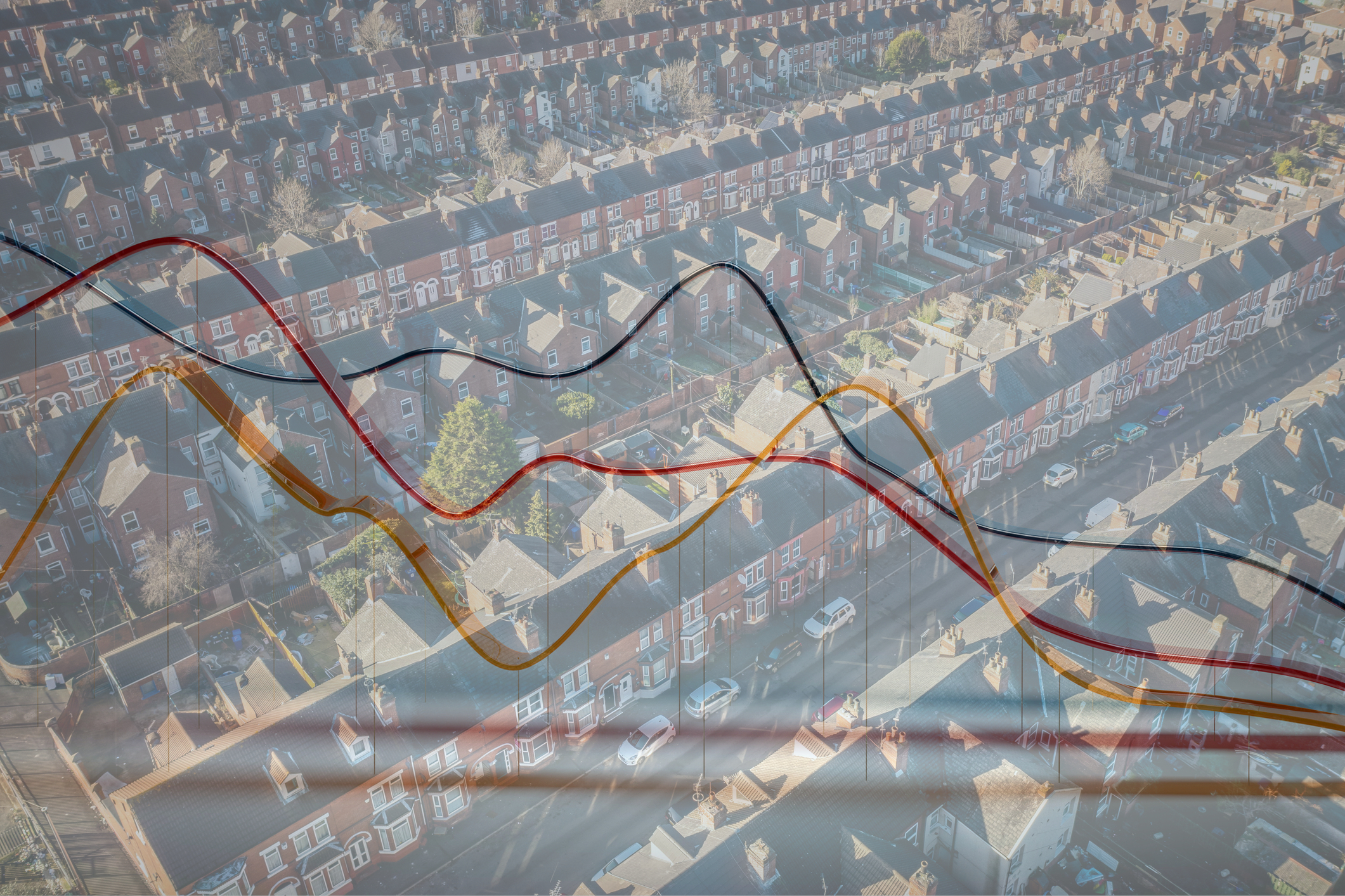ONS house prices tool shows property activity in your area
The Office for National Statistics updates its house prices tool each month to reflect changes in the Land Registry House Price Index and renting data.


Get the latest financial news, insights and expert analysis from our award-winning MoneyWeek team, to help you understand what really matters when it comes to your finances.
You are now subscribed
Your newsletter sign-up was successful
Want to add more newsletters?

Twice daily
MoneyWeek
Get the latest financial news, insights and expert analysis from our award-winning MoneyWeek team, to help you understand what really matters when it comes to your finances.

Four times a week
Look After My Bills
Sign up to our free money-saving newsletter, filled with the latest news and expert advice to help you find the best tips and deals for managing your bills. Start saving today!
The Office for National Statistics (ONS) has launched an online tool that can show you how house prices are changing in your local area.
Using HM Land Registry data, which records house prices at the completion stage, the tool (which can be found on the ONS website) breaks down average prices based on which local authority area you live in.
As well as showing the latest official pricing data, it displays how house prices have changed over time, typical house price growth for different types of property and how your area compares to other nations and regions. It also reveals how much private rents typically cost in your council area, and how much they are rising or falling for different accommodation types and sizes.
MoneyWeek
Subscribe to MoneyWeek today and get your first six magazine issues absolutely FREE

Sign up to Money Morning
Don't miss the latest investment and personal finances news, market analysis, plus money-saving tips with our free twice-daily newsletter
Don't miss the latest investment and personal finances news, market analysis, plus money-saving tips with our free twice-daily newsletter
The UK’s official statistics body said it launched the tool to “improve accessibility” of local housing market information. Previously, the ONS released the data in the form of a large spreadsheet that was difficult to navigate.
It comes after the latest ONS House Price Index (HPI) showed average UK prices continued to grow slightly compared to a year previously. As of April 2024, a typical property cost £281,000 - 1.1% (roughly £3,000) more than 12-months previously. Prices dropped 1.4% over the course of 2023.
The ONS HPI is arguably the most comprehensive measure of the UK housing market given it is based on officially recorded prices at the completion stage. However, it operates on a significant time lag compared to other HPIs, like the ones run by lender Nationwide and property listing site Rightmove. So, it may not give a fully up-to-date picture of what’s happening to property now.
What’s happening to house prices?
According to the latest ONS house price index, which was released on 19 June, average property prices grew marginally against the year in April. This came despite challenges with mortgage affordability. Lending rates have soared over the first half of 2024 due to market uncertainty around when interest rates will fall.
The average property price is £3,000 (1.1%) up year-on-year according to the provisional figures. On a monthly basis, they grew 0.3%. This estimate could yet be revised up or down at a later date as more ONS data becomes available.
The nations and regions seeing the biggest yearly growth included Scotland (+4.5%) and North West (+3.8%). But prices slid back in Wales -2.1% and the East of England (-0.7%).
HPI data from lenders and professional bodies, which cover more recent time periods, have suggested this north-south divide is continuing. Rightmove, which tracks market sentiment through asking prices, recorded the biggest annual increase in Yorkshire and the Humber (+2.8%) in June, while the East saw the worst reversal (-0.5%).
Meanwhile, the Royal Institution of Chartered Surveyors (RICS) saw a dip in market confidence in May. But major mortgage lender Nationwide found house prices continued to recover, growing 1.5% in the 12-months to June.
Longer-term, the picture is looking better for the housing market, according to Savills. It has predicted significant price hikes across most regions over the next five years. It also anticipates a continuation of the north-south divide.
Get the latest financial news, insights and expert analysis from our award-winning MoneyWeek team, to help you understand what really matters when it comes to your finances.
-
 Should you buy an active ETF?
Should you buy an active ETF?ETFs are often mischaracterised as passive products, but they can be a convenient way to add active management to your portfolio
-
 Power up your pension before 5 April – easy ways to save before the tax year end
Power up your pension before 5 April – easy ways to save before the tax year endWith the end of the tax year looming, pension savers currently have a window to review and maximise what’s going into their retirement funds – we look at how
